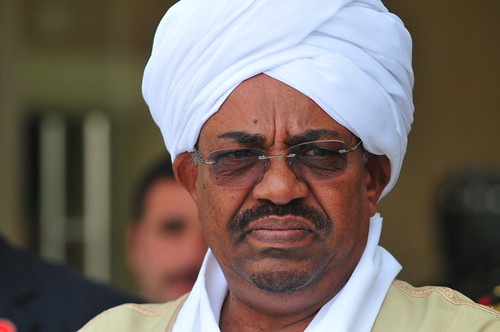 Mr. President, long after you have returned to the White House and forgotten your visit to Ghana, we Nigerians will still be asking ourselves, why Ghana?
Mr. President, long after you have returned to the White House and forgotten your visit to Ghana, we Nigerians will still be asking ourselves, why Ghana?
You attempted to answer the question before your trip in an interview, noting that Ghana had become the continent’s role model—committed to the rule of law, stability, and accountability. You repeated this point during your visit on Saturday and drew upon the historic role and heritage of Ghana during the era of slave trade and the colonial period.
There was indeed a time when most black migrants were thought to be from Ghana. Thanks to the abundant gold in what was then known as the Gold Coast and the formidable roles of Kwame Nkrumah, W. E. B. Du Bois, and other leading lights of the struggle against colonial rule and racism, Ghana was what your predecessor, George W. Bush, might have called the “nation of Africa.”
But Ghana had its dark periods too, of course. For many years, Ghana was a specter of the sort of tyranny that you described in your address to the country’s parliament. But it’s a different story today; no one can deny that.








